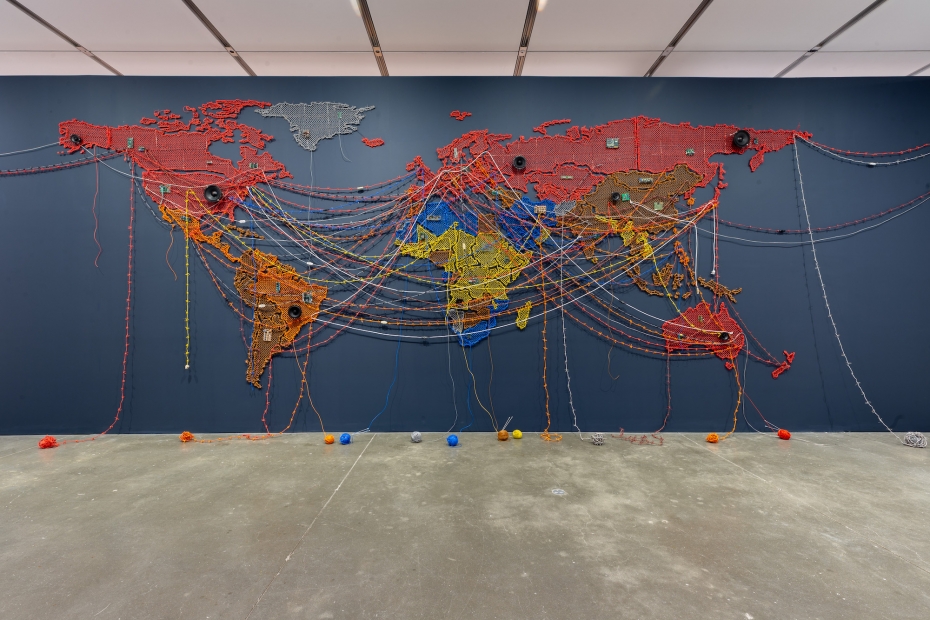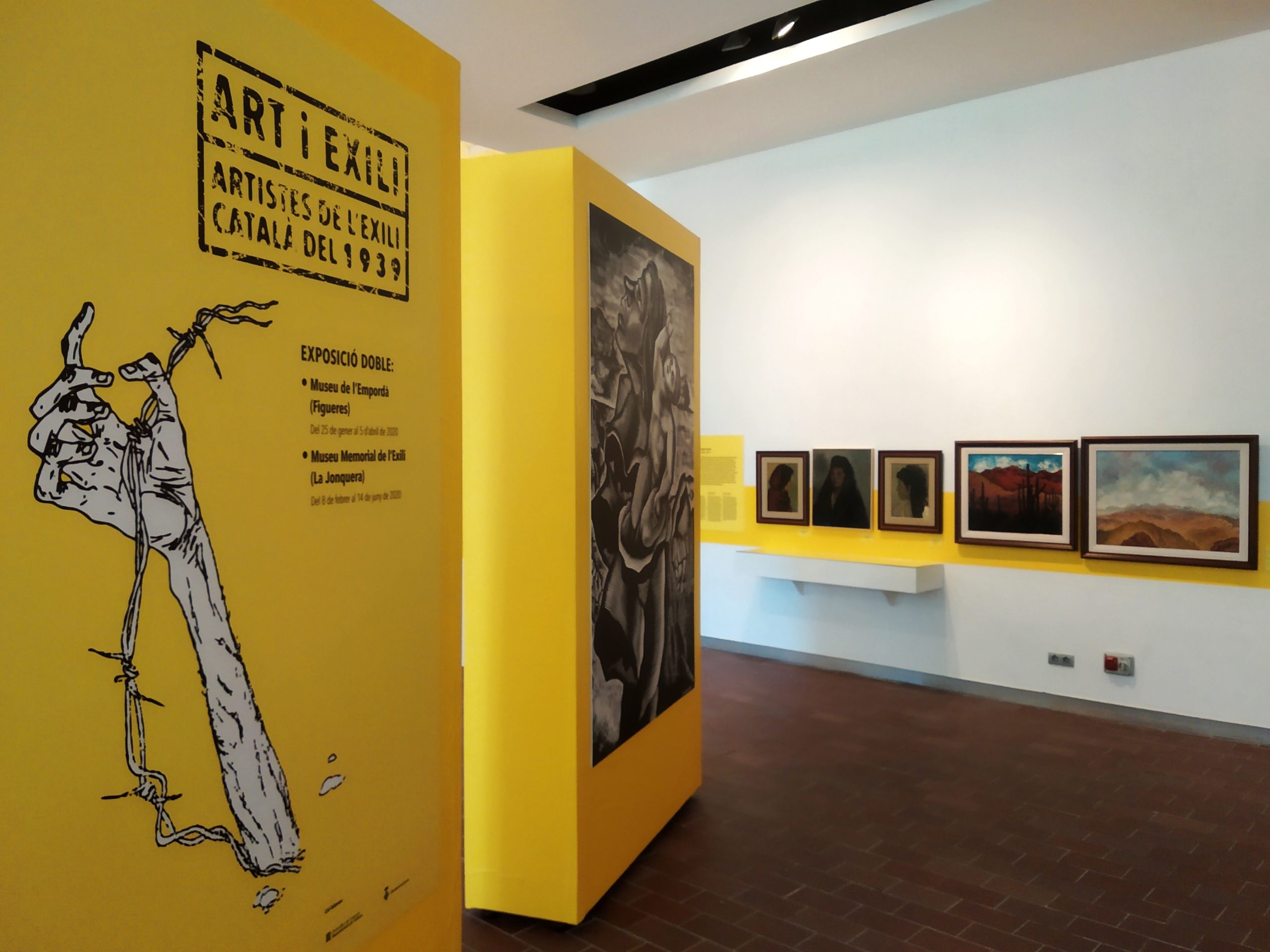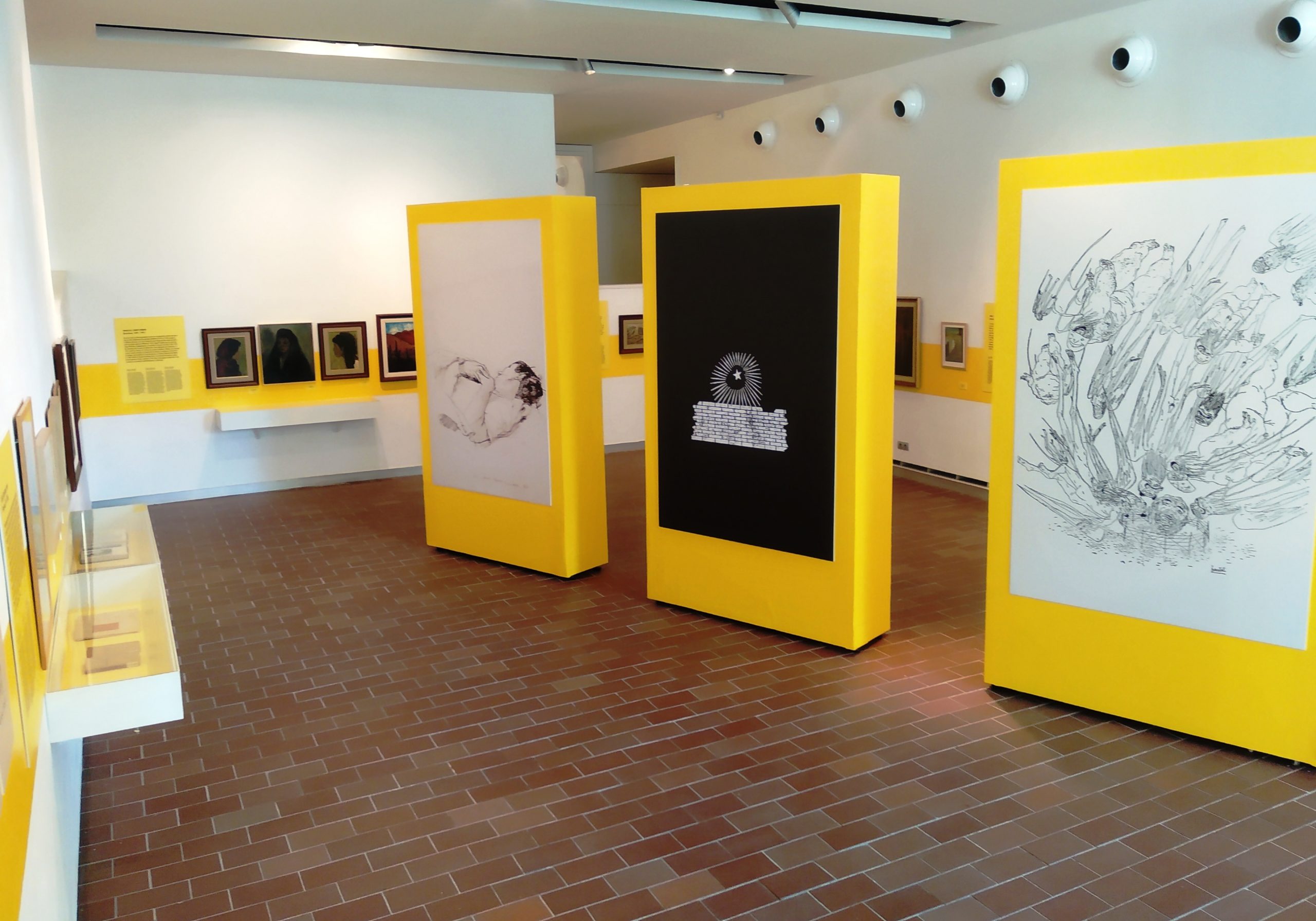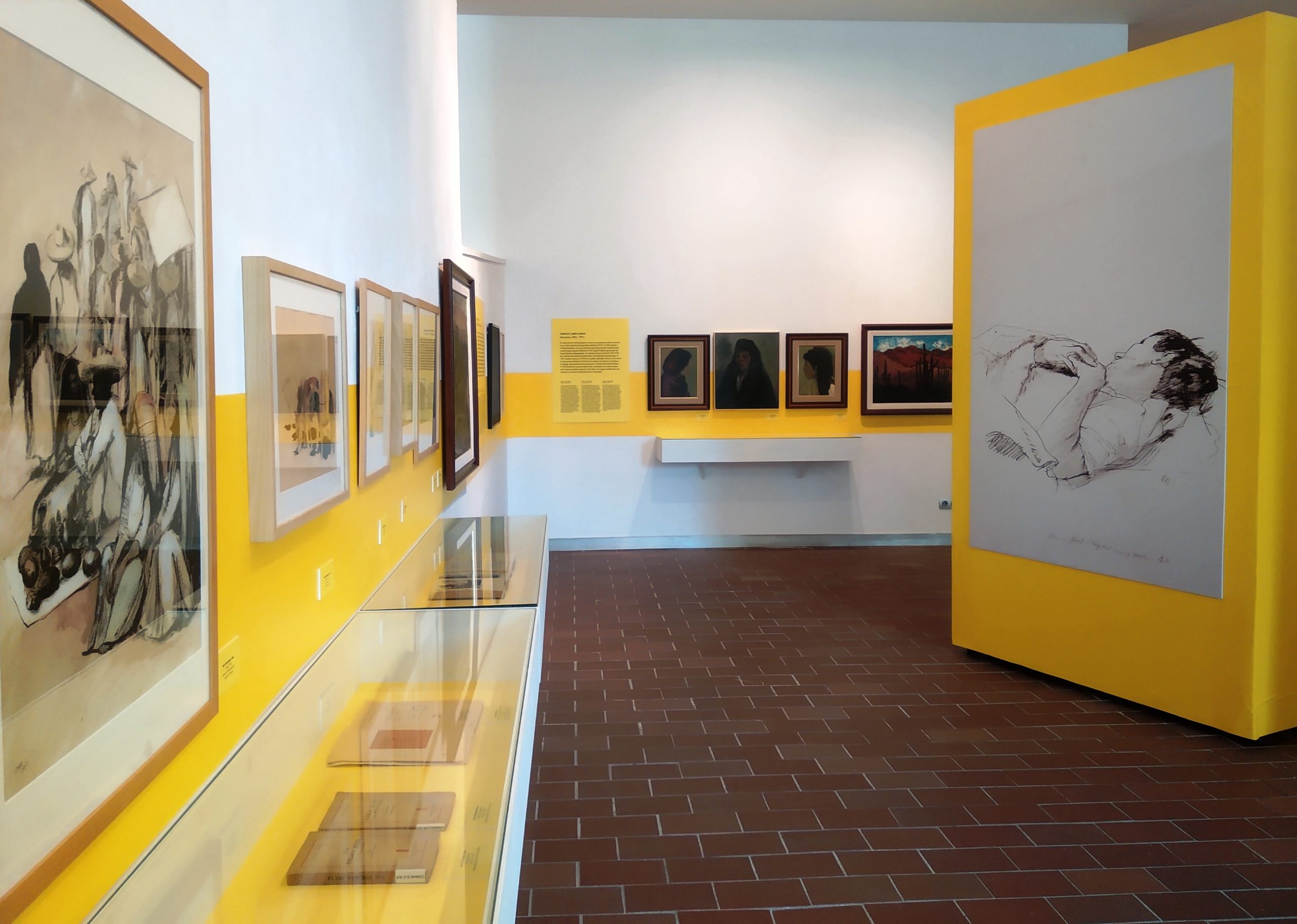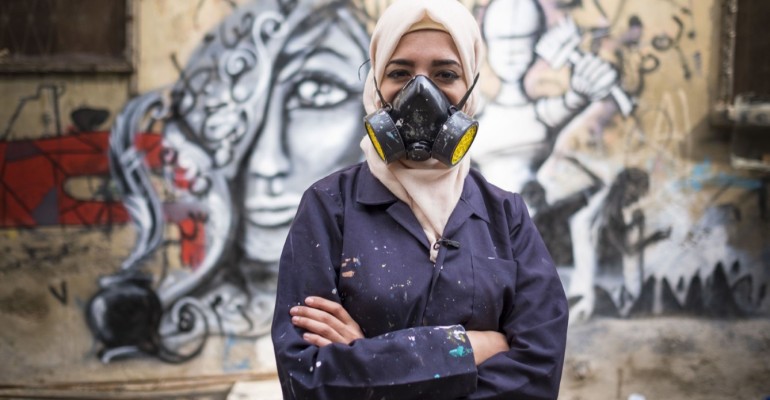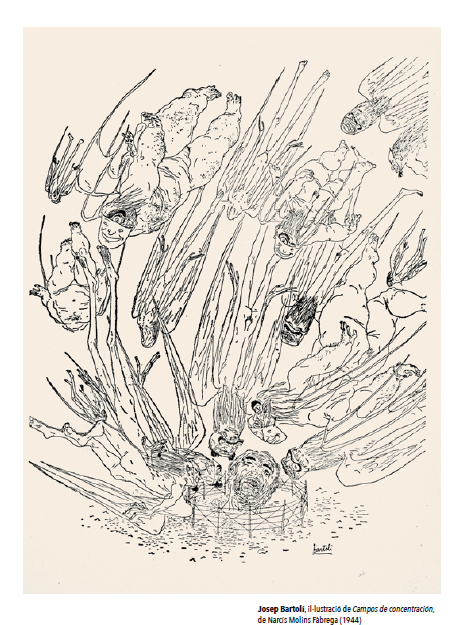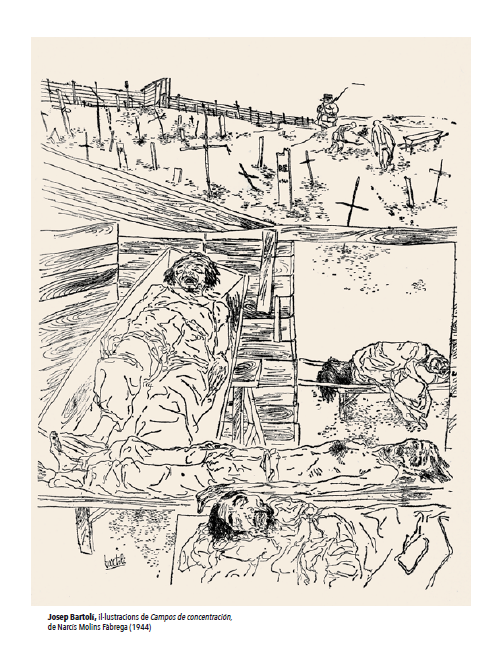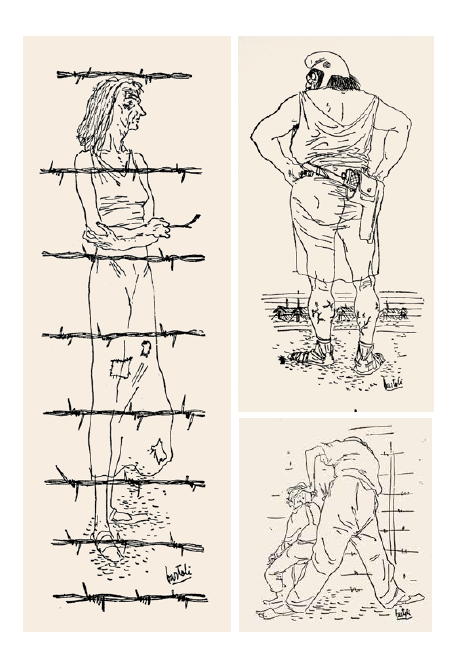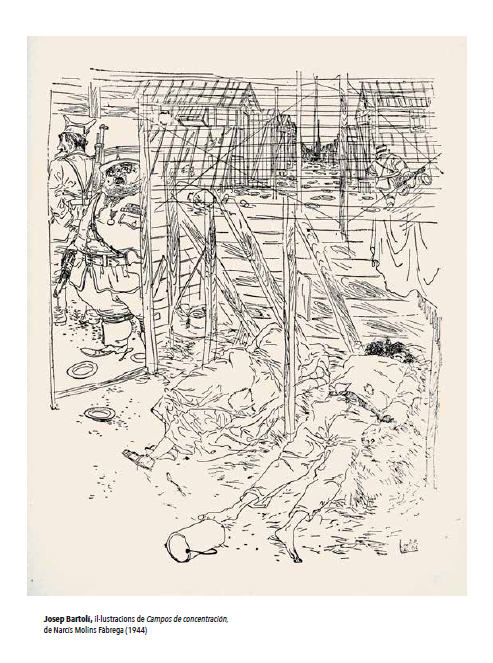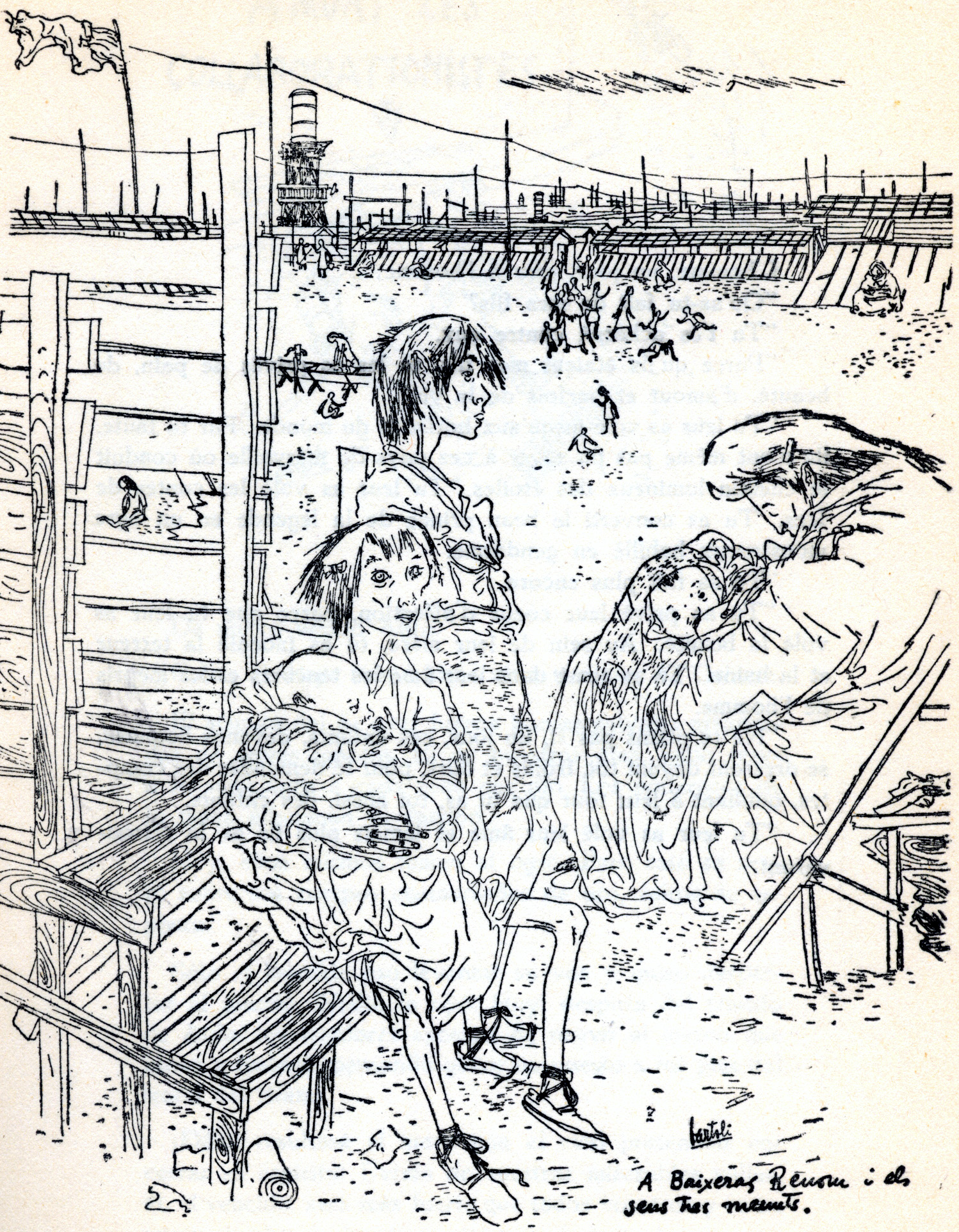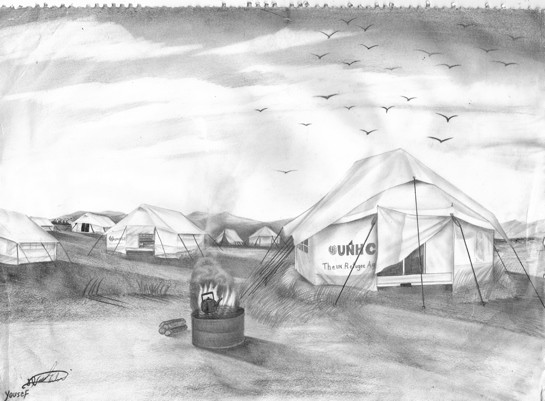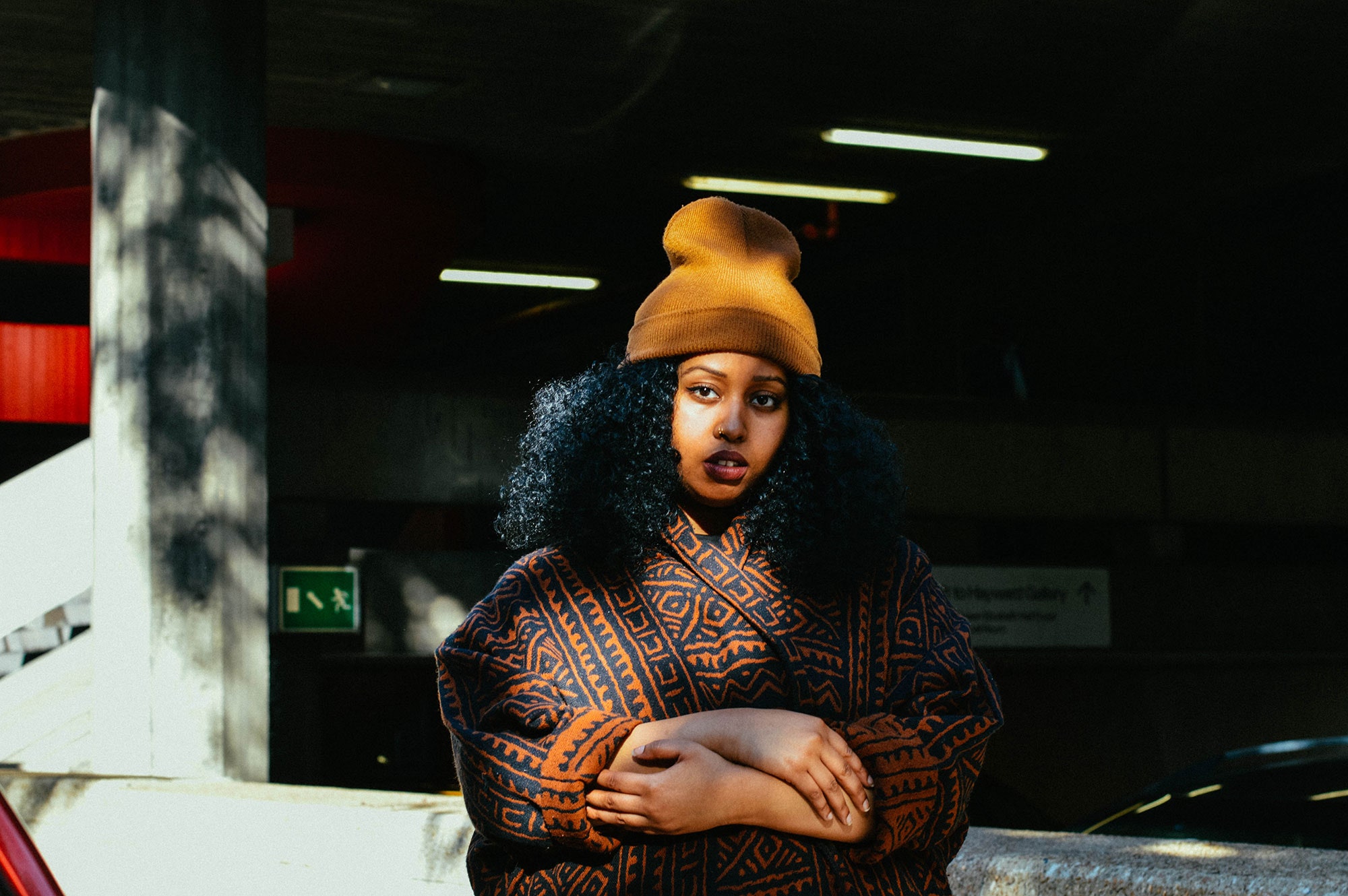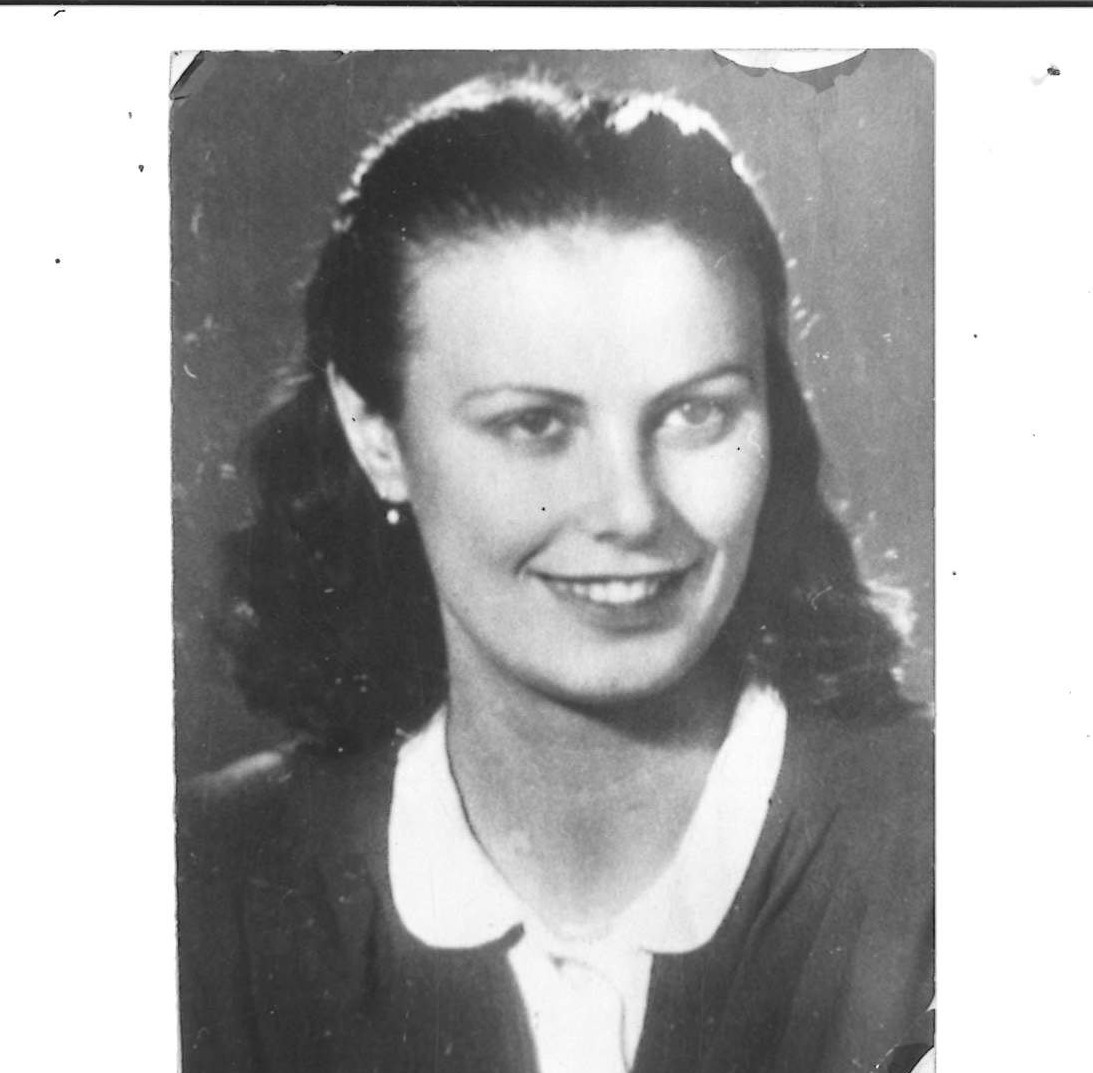Two painters but different exiles
Roser Bru
is a painter born in Barcelona in 1923.
The following year her family went into exile in Paris,
as a result of the dictatorship of Miguel Primo de Rivera.
Four years later, they returned to their hometown.
After the Spanish Civil War, in 1939, she moved back to France,
where she embarked for Chile where she lived her exile
She arrived in Valparaíso on 3 September of that year.
In her paintings Roser Bru “speaks” about exile, politics, and women
Laila Ajjawi
is a graffiti artist born and raised
in a Palestinian refugee camp outside of Irbid, Jordan.
Her work focuses on visibility for women living in the Middle East,
particularly refugees facing discrimination and limited
resources in their countries of residence.
Two different women ,
two different exiles,
but the same interests
in potraying women lives
and exile.




